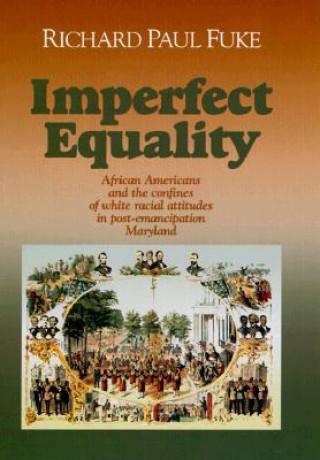
Kód: 04940413
Imperfect Equality
Autor Richard Paul Fuke
In Imperfect Equality, Richard Fuke has explores the immediate aftermath of slavery in Maryland, which differed in important ways from the slaveholding states of the South: it never left the Union; white radicals had a period of a ... celý popis
- Jazyk:
 Angličtina
Angličtina - Vazba: Pevná
- Počet stran: 307
Nakladatelství: Fordham University Press, 1999
- Více informací o knize

2810 Kč

Skladem u dodavatele v malém množství
Odesíláme za 12-17 dnů
Potřebujete více kusů?Máte-li zájem o více kusů, prověřte, prosím, nejprve dostupnost titulu na naši zákaznické podpoře.
Přidat mezi přání
Mohlo by se vám také líbit
-
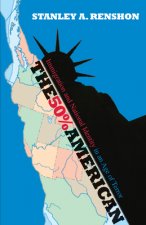
50% American
2003 Kč -
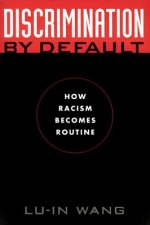
Discrimination by Default
909 Kč -

Magic Life
254 Kč -

Gangland
419 Kč -

Heavenly Vaults
1804 Kč -

Miller's Bolt
509 Kč -
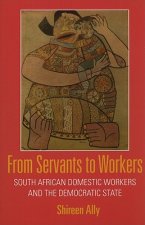
From Servants to Workers
1089 Kč
Dárkový poukaz: Radost zaručena
- Darujte poukaz v libovolné hodnotě a my se postaráme o zbytek.
- Poukaz se vztahuje na celou naši nabídku.
- Elektronický poukaz vytisknete z e-mailu a můžete ihned darovat.
- Platnost poukazu je 12 měsíců od data vystavení.
Více informací o knize Imperfect Equality
Nákupem získáte 281 bodů
 Anotace knihy
Anotace knihy
In Imperfect Equality, Richard Fuke has explores the immediate aftermath of slavery in Maryland, which differed in important ways from the slaveholding states of the South: it never left the Union; white radicals had a period of access to power; and even prior to legal emancipation, a large free black population resided there. Moreover, the presence of Baltimore, a major city and port, provided abundant evidence with which to compare the rural and the urban experience of black Marylanders. This state study is therefore uniquely revealing of the successes and failures of the post-emancipation period. The transition in Maryland from a slave to a free society, Fuke argues, presented to black Marylanders opportunities to achieve previously inaccessible goals. Blacks were able to realize some goals, such as greater land ownership, control over the labor of their children, education, and the formation of independent cultural and social organizations, through their own intrepidity combined with the support of white radicals as well as with the assistance of the Freedmen's Bureau, the United States Army, and some state-controlled agencies. Other goals-such as social equality, economic opportunity and advancement, and suffrage-remained beyond the reach of blacks, not only because of conservative white opposition, but also, Fuke argues, because of the attitudinal limitations of white radicals unable to confront the full range of post-emancipation possibilities. Calling upon a very broad range of sources, Fuke demonstrates that after emancipation, Black Marylanders neither enjoyed total freedom nor suffered absolute coercion, but their struggle made two things clear: much of whatever they might accomplish, they would have to do by themselves; and such efforts would remain confined by white attitudes determined to regulate them.
 Parametry knihy
Parametry knihy
Zařazení knihy Knihy v angličtině Society & social sciences Society & culture: general Social groups
2810 Kč
- Plný název: Imperfect Equality
- Podnázev: African Americans and the Confines of White Ideology in Post-Emancipation Maryland.
- Autor: Richard Paul Fuke
- Jazyk:
 Angličtina
Angličtina - Vazba: Pevná
- Počet stran: 307
- EAN: 9780823219629
- ISBN: 0823219623
- ID: 04940413
- Nakladatelství: Fordham University Press
- Hmotnost: 612 g
- Rozměry: 229 × 152 × 24 mm
- Datum vydání: 01. January 1999
Oblíbené z jiného soudku
-

Women Who Run with the Wolves
239 Kč -

Freedom Writers Diary
275 Kč -

Think Like a Monk
441 Kč -

Orientalism
306 Kč -
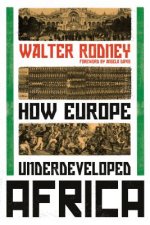
How Europe Underdeveloped Africa
531 Kč -

Desert Flower
286 Kč -
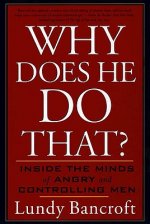
Why Does He Do That?
401 Kč -

Letters to a Young Muslim
303 Kč -
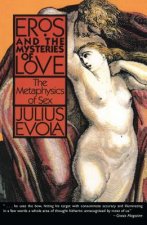
Eros and Mysteries of Love
407 Kč -

Life After Darkness
512 Kč -

Puer Tea
772 Kč -
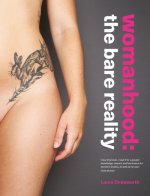
Womanhood
605 Kč -

JFK - 9/11
734 Kč -
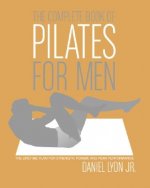
Complete Book of Pilates for Men
447 Kč -

Gypsy Identities 1500-2000
1641 Kč -
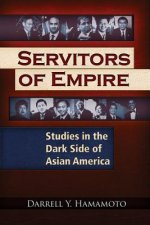
Servitors of Empire
477 Kč -

Colloquial Yiddish
1683 Kč -

Sword of No-sword
646 Kč -
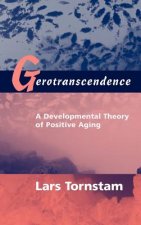
Gerotranscendence
3473 Kč -

Northwest Coast Indian Art
702 Kč -
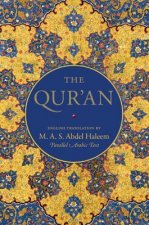
Qur'an
811 Kč -
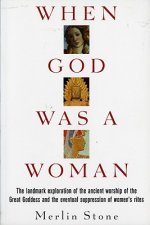
When God Was A Woman
498 Kč -

The Mastery of Love
306 Kč -

Vintage Menswear
435 Kč -

Who Cooked the Last Supper?
429 Kč -

Women Who Run With The Wolves
410 Kč -

The Way of Men
332 Kč -

The Autobiography of Malcolm X
222 Kč -

Second Sex
410 Kč -
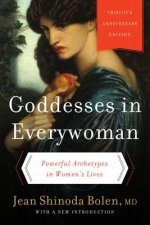
Goddesses in Everywoman
303 Kč -

Talking with Female Serial Killers - A chilling study of the most evil women in the world
276 Kč -

Intellectuals and Society
537 Kč -
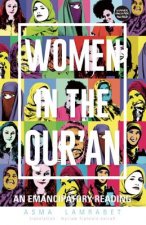
Women in the Qur'an
493 Kč -

Erotic Bondage Book
364 Kč -
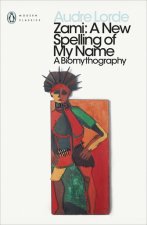
Zami
276 Kč -

Nine Years among the Indians, 1870-1879
620 Kč -

Dark Emu
410 Kč -

Childhood and Society
392 Kč -

Happy City
303 Kč -
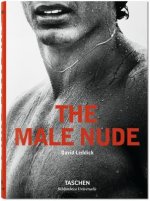
The Male Nude
481 Kč -
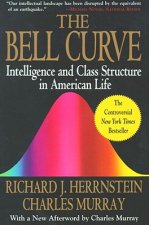
The Bell Curve
464 Kč -

We Should All Be Feminists
213 Kč -

Empire of the Summer Moon
357 Kč -

Radium Girls
276 Kč -

Dance of Anger
276 Kč -

Beauty Myth
357 Kč -

Muqaddimah
541 Kč -

TROUBLEMAKER
363 Kč -
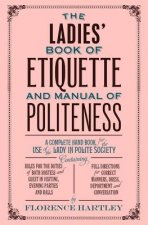
Ladies' Book of Etiquette and Manual of Politeness
306 Kč
Osobní odběr Praha, Brno a 12903 dalších
Copyright ©2008-24 nejlevnejsi-knihy.cz Všechna práva vyhrazenaSoukromíCookies


 Vrácení do měsíce
Vrácení do měsíce 571 999 099 (8-15.30h)
571 999 099 (8-15.30h)